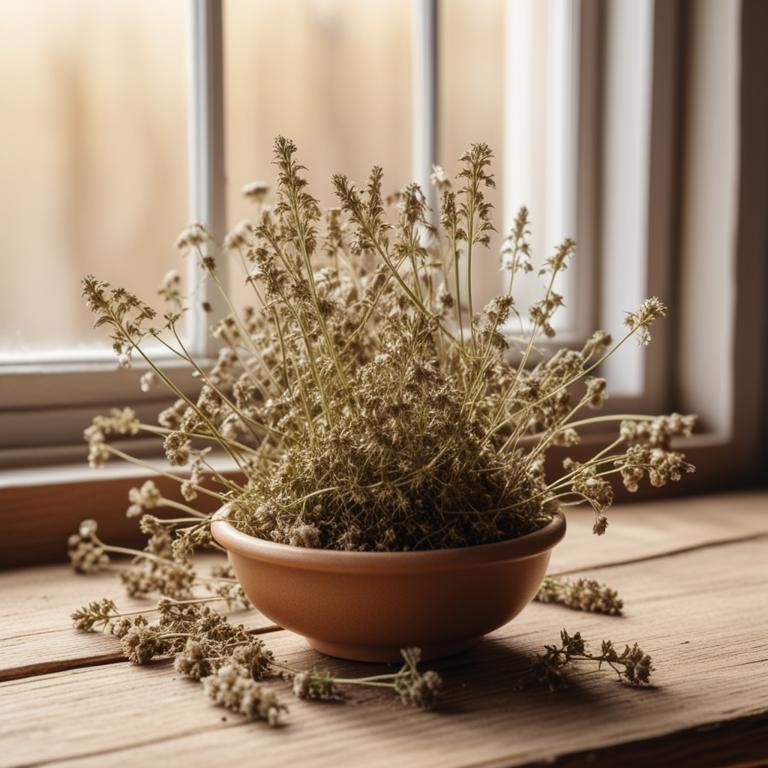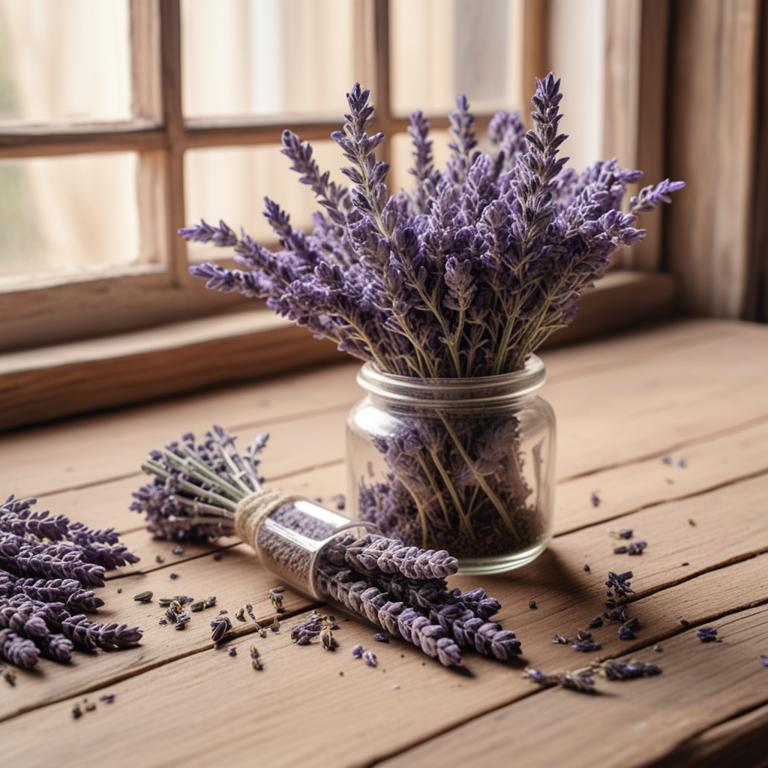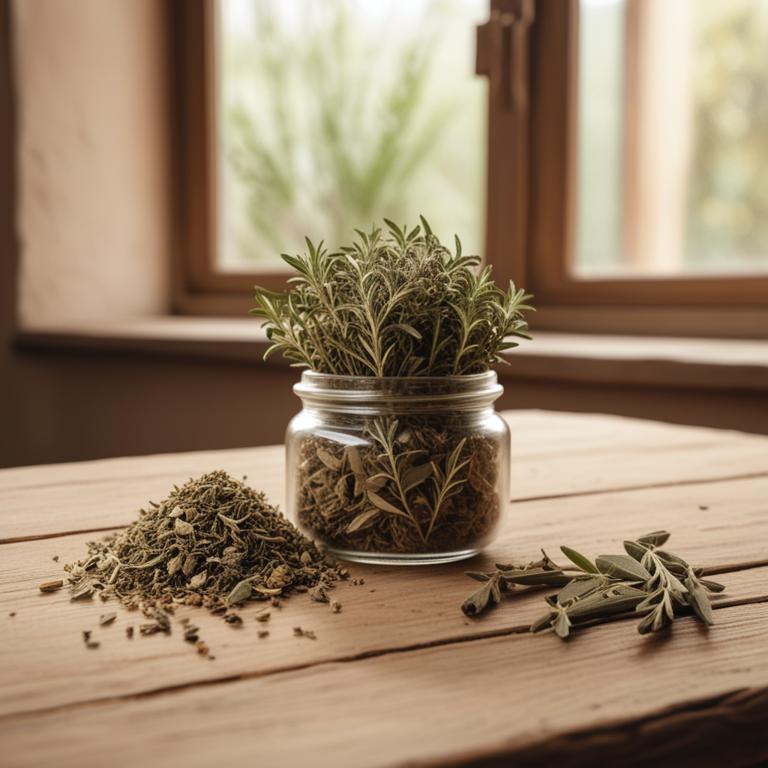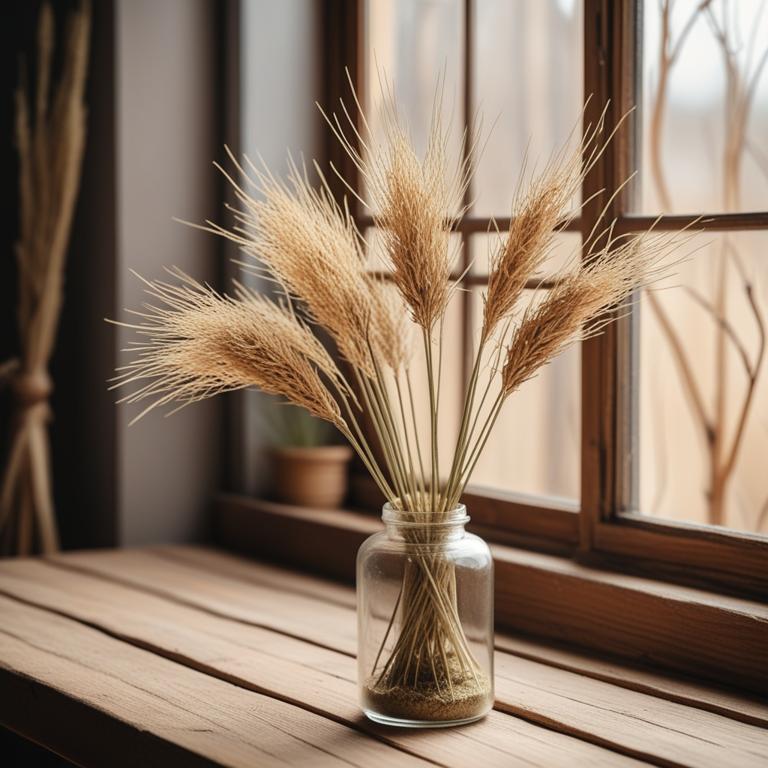Updated: Dec 1, 2024
The Role of Medicinal Herbs and Herbal Preparations in Lice Treatment
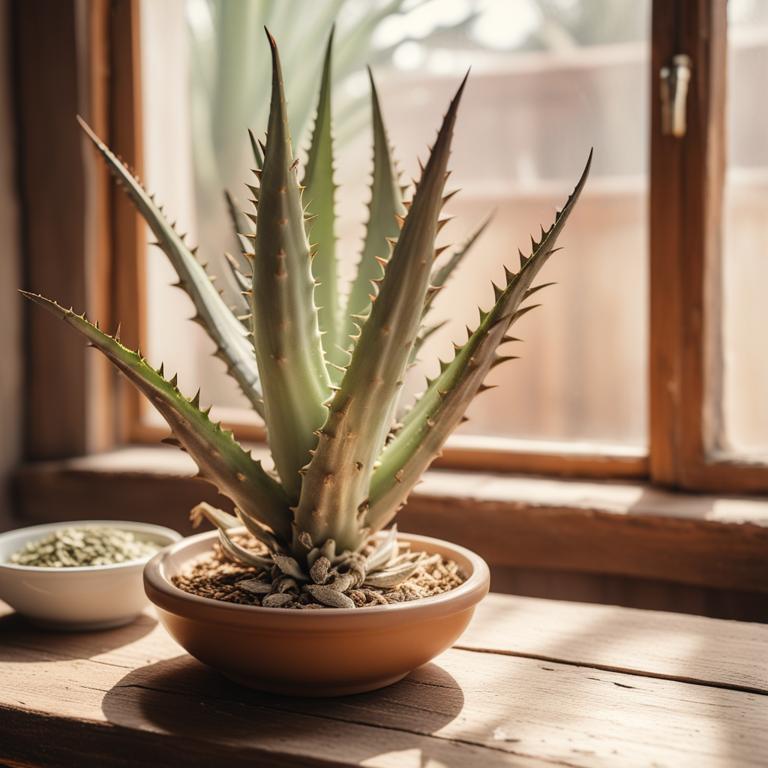
Lice are tiny insects that live on human hair and feed on blood from the scalp.
They can cause discomfort, itchiness, and embarrassment. Lice infestations are common, especially in children, but anyone can get them. They spread quickly through close contact, sharing personal items, and even through furniture and bedding that hasn't been properly cleaned. Lice infestations happen when people come into close contact with someone who already has lice. They can also be spread through sharing personal items like hair ties, combs, and towels. If you don't treat lice promptly, they can multiply quickly and cause severe itching and discomfort. Some herbal remedies have been used to treat lice.
Herbs like tea tree oil, neem, and lavender have antiparasitic properties that can help kill lice and their eggs. These herbs can be used in various forms, such as teas, shampoos, or oils. For example, tea tree oil can be added to shampoo or applied directly to the scalp as an oil treatment. Neem oil can be used as a hair treatment or added to a shampoo. Lavender oil can be used as a calming agent to soothe itchy scalps, and it also has antiparasitic properties. These herbal remedies can be effective in treating lice, but they may not kill lice eggs as quickly as chemical treatments. To completely get rid of lice, it's essential to repeat treatments several times, usually over a period of two weeks.
It's also crucial to wash and dry clothing, bedding, and towels on high heat to kill lice and their eggs.
Table of Contents
What are the sources of lice infestation?
The main causes of lice are direct head contact, sharing personal items, using contaminated tools, having tight hair, and being in crowded environments.
Direct head contact is the most common cause of lice. When two people with lice-infested hair touch or come close to each other, lice can easily transfer from one person's head to the other. This is why it's essential to avoid physical contact with someone who has lice, especially in the hair area.
Sharing hats or other personal items like combs, brushes, or hair accessories can also spread lice, as these items can carry the parasites. Used combs and brushes can be particularly problematic if not properly cleaned and disinfected. People with tight hair are more susceptible to lice, as it's easier for the parasites to attach to the hair shaft.
Finally, crowded schools and environments can contribute to the spread of lice, as it's harder to avoid contact with others in these settings.
What advantages can be gained from using herbs to treat lice?
Using herbs to get rid of lice can be a good idea.
One of the main benefits is that they are often gentle on the scalp and can be used alongside other treatments. Many herbs have natural oils that can help loosen and remove lice and their eggs. This can be especially helpful for people who don't want to use harsh chemicals.
Another benefit is that herbs can be effective in preventing lice from coming back. Some herbs can create an environment that's not favorable for lice to live in, making it harder for them to re-infest. Additionally, using herbs can be a cost-effective way to get rid of lice, as they can often be grown at home or found in nature. However, it's essential to note that not all herbs are created equal, and some may be more effective than others.
It's also crucial to consult with a healthcare professional before using any new remedies, including herbs, to ensure they are safe to use and won't interact with any other medications.
What are the medicinal herbs that are most effective in treating lice?
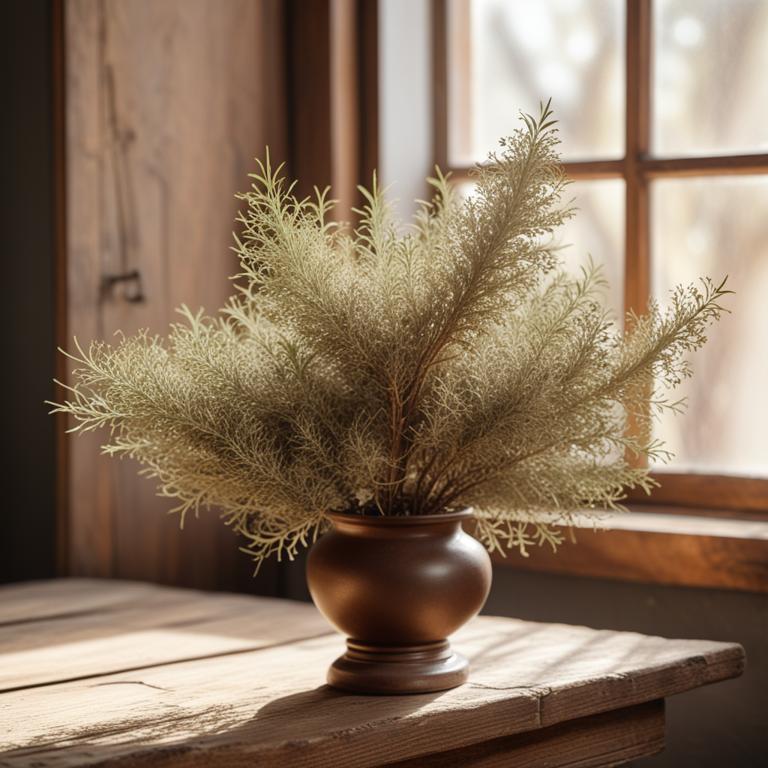
When it comes to getting rid of lice, herbs can be a helpful addition to your treatment plan.
Let's take a look at some of the best herbs to use - Melaleuca alternifolia, also known as tea tree oil, is a natural antiseptic that kills lice on contact. It's got a strong scent, so use it in moderation. Cymbopogon citratus, or lemongrass oil, is another antiseptic that repels lice and soothes the scalp. It's also great for calming irritations. Rosmarinus officinalis, or rosemary essential oil, has antiparasitic properties that help eliminate lice.
It's also a natural insecticide. Eucalyptus globulus oil is known for its decongestant properties, but it also helps to repel lice. Lavandula angustifolia, or lavender oil, is a natural anti-inflammatory that can help soothe the scalp and reduce irritation caused by lice. When using these herbs, you can try mixing a few drops of the oil with shampoo or conditioner, or applying it directly to the scalp. Be sure to do a patch test first to make sure you don't have any sensitivity.
Remember, these herbs are meant to complement your regular treatment plan, not replace it.
What are the most popular herbal treatments for lice?
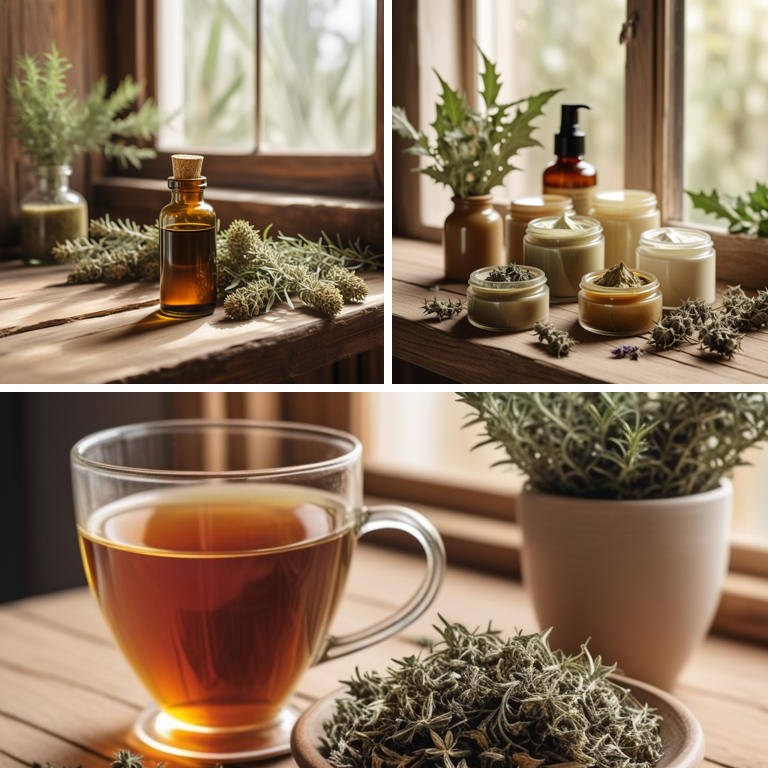
When it comes to getting rid of lice, herbal preparations can be a good option.
A decoction is a liquid made by steeping herbs in hot water, which can be used to wash and treat the hair. Decoctions from herbs like neem and tea tree oil are good for lice because they have antiparasitic properties that help kill the lice and their eggs. A tincture is a concentrated liquid made by soaking herbs in a solvent like alcohol. Tinctures of herbs like lavender and peppermint can be used to treat the scalp and hair, helping to soothe and calm the skin while also killing lice.
A cream can be made by mixing a tincture or decoction with a base like coconut oil or aloe vera gel. Creams are easy to apply and can be left on the hair for a long time to give the lice-killing properties a chance to work. Herbal oils are made by infusing herbs in a carrier oil like coconut or olive oil. Oils like coconut oil infused with tea tree oil can be used to treat the hair and scalp, helping to kill lice and their eggs. Finally, herbal tea can be used as a final rinse after washing the hair with a decoction or cream.
This helps to remove any remaining lice and their eggs, and can also help to soothe and calm the scalp.
Additional Resources:
Which herbs should be avoided to prevent lice?
If you have lice, it's best to avoid certain herbs that might make the problem worse.
Thymus serpyllum, also known as wild thyme, can cause skin irritation, which is the last thing you need when dealing with itchy lice. Artemisia absinthium, or wormwood, has been known to cause allergic reactions and skin problems, which could make your lice infestation more uncomfortable.
Salvia officinalis, or common sage, might be a problem because its essential oils can be quite potent and could potentially irritate your scalp. Saponaria officinalis, or soapwort, contains saponins, which are compounds that can cause skin irritation and make lice bites even itchier. Achillea millefolium, or yarrow, might also be a concern because its essential oils can cause skin problems and make your scalp more sensitive.
When you're dealing with lice, it's best to stick with gentle treatments and avoid herbs that could make things worse.
FAQ
Are there any specific herbs that can prevent lice?
Some herbs, like tea tree oil and neem oil, have been shown to help prevent lice.
These oils are often used in shampoos and hair treatments, and can help repel lice due to their strong scents.
People have also tried using lavender oil and rosemary oil, but the effectiveness of these herbs is not as well-studied.
Is it safe to use herbal remedies for lice during pregnancy?
If you're pregnant and trying to get rid of lice, it's best to be cautious with herbal remedies.
Some herbs, like pennyroyal, can be too strong and may harm your baby. Other herbs, like tea tree oil, might be safer, but their effects on pregnancy aren't fully understood.
It's usually better to stick with treatments approved for pregnant women.
Are there any herbs that can reduce the frequency of lice?
Some herbs like tea tree oil and lavender oil have been found to help reduce lice infestations.
These oils can be used in shampoos or applied directly to the hair to help repel lice.
They may also help soothe an itchy scalp and calm irritation caused by lice bites.
Can i combine different herbal remedies for lice?
When it comes to combining herbal remedies for lice, be cautious.
Some herbs, like tea tree oil and lavender oil, can be used together, but others might not mix well. For example, mixing pennyroyal oil with other oils can be too strong.
Start with small amounts to see how your body reacts before combining different remedies.
Related Articles
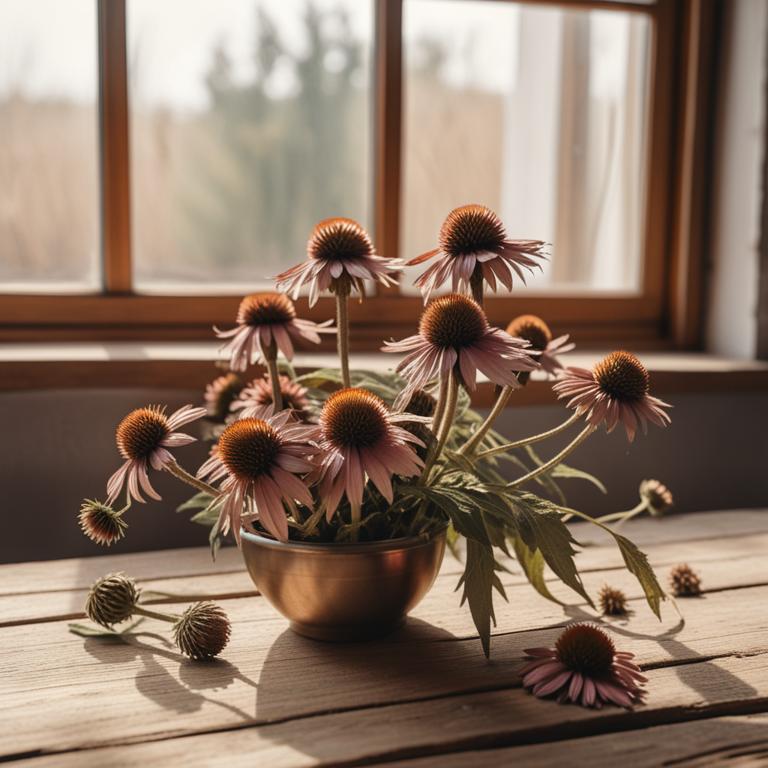
Ingrown Toenail: Causes, Symptoms, and Herbal Preparations for Relief
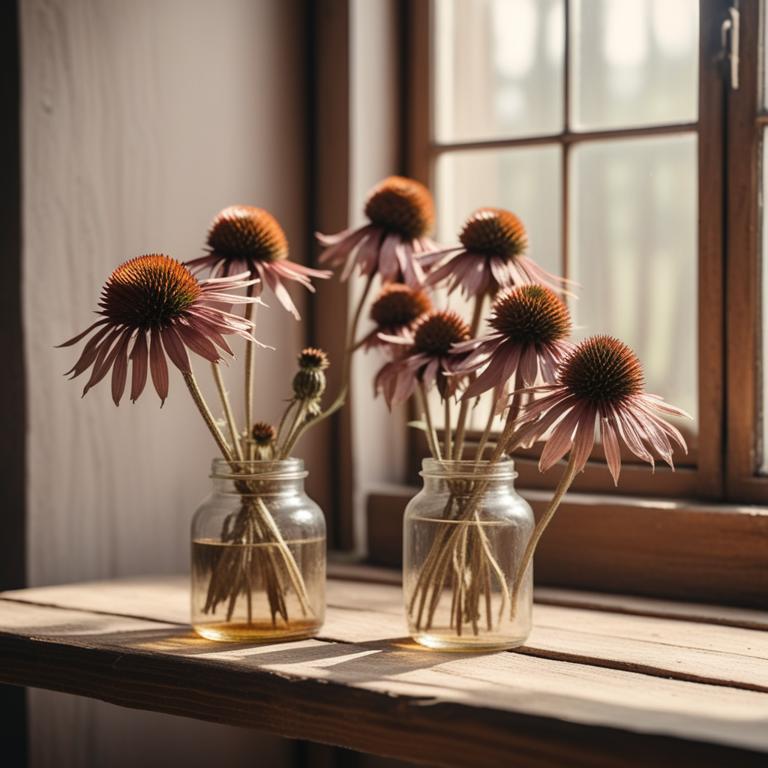
Causes, Herbal Solutions, and Preparations for Mouth Ulcers
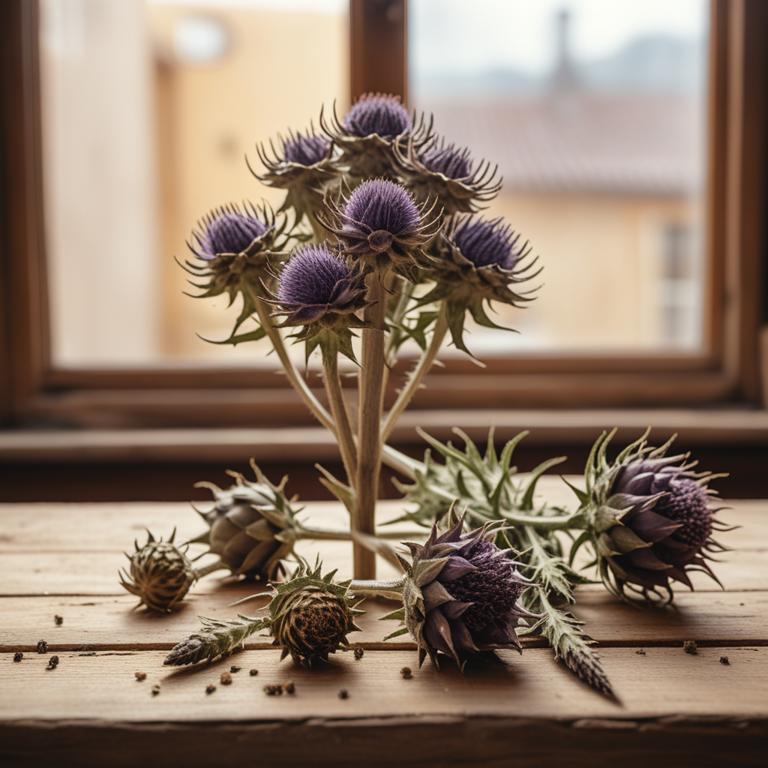
Eye Bags: Causes, Treatment Options, and Medicinal Herbal Remedies

Eye Irritation: Causes, Herbal Remedies, and Therapeutic Preparations
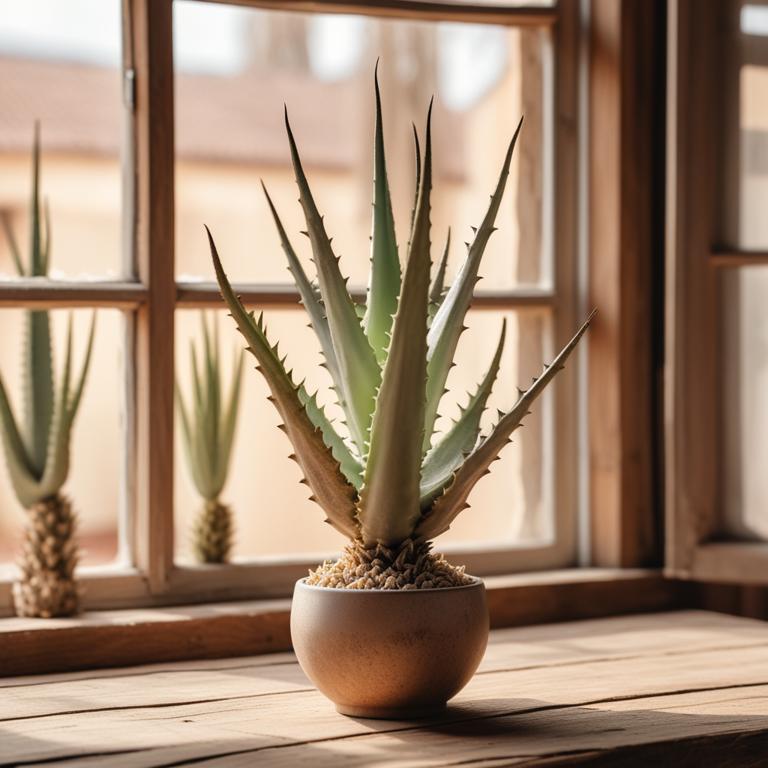
Causes and Remedies of Burning Feet: Medicinal Herbs and Herbal Preparations
